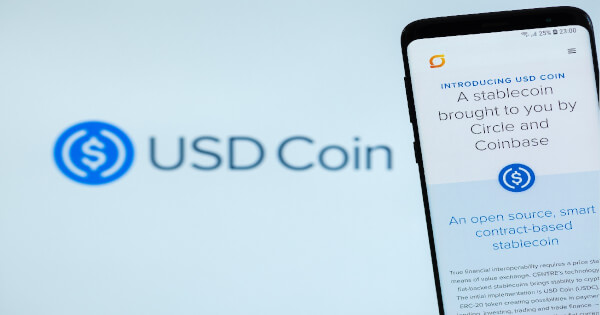Alvin Lang
Sep 04, 2024 09:39
Rahat, led by Rumee Singh, leverages blockchain technology to support financially vulnerable populations globally, winning accolades and grants.
Rahat, a groundbreaking initiative spearheaded by Rumee Singh, is making significant strides in providing financial resilience to underserved populations through blockchain technology. According to Circle, the project aims to address the financial inclusion gap in Nepal and beyond, leveraging digital dollars like USDC to offer financial services to those neglected by traditional banking systems.
Blockchain: A Tool for Financial Inclusion
Blockchain and digital currencies have shown immense potential in expanding financial services to the unbanked. With nearly 1.4 billion people globally lacking access to banking, blockchain provides a viable solution. Singh founded Rahat in 2020 in her native Nepal to channel humanitarian aid more efficiently to vulnerable populations. As climate change threatens to push an additional 130 million people into extreme poverty by 2030, particularly in sub-Saharan Africa and South Asia, initiatives like Rahat are crucial.
Recognition and Support
Rahat recently gained significant recognition by winning Circle’s Unlocking Impact pitch competition in April 2024, held in Paris. The victory awarded Rahat a 75,000 USDC grant and mentorship from Circle, the World Food Program, and the International Fund for Agricultural Development. Upcoming Unlocking Impact pitch competitions are scheduled for New York this September and Washington, DC, in October, coinciding with major international events.
Innovative Use of Blockchain
Rahat employs blockchain technology and smart contracts to deliver aid promptly and accurately. Beneficiaries receive payouts directly to their phones, even before climate disasters strike. This is made possible through smart contracts that verify predefined climate risk triggers using multiple independent sources. Rahat’s system can operate in low-tech environments using SMS and USSD, allowing beneficiaries without smartphones to redeem tokens for goods, services, or local currencies.
To date, Rahat has reached 20,000 beneficiaries across Nepal, Pakistan, and Indonesia, with support from various donors and partners. This monsoon season, Rahat is collaborating with the Danish Red Cross in Nepal to enhance anticipatory action workflows and support over 5,000 households.
The Role of USDC
USDC plays a pivotal role in Rahat’s operations, offering beneficiaries the ability to store and spend in the global economy. The transparency and traceability of blockchain ensure that aid reaches the intended recipients without the risk of corruption. USDC’s portability and low-cost access make it an ideal tool for humanitarian aid programs.
Future Prospects
Looking ahead, Rahat aims to expand its reach further into Asia and Africa, targeting over 500,000 beneficiaries in the coming years. The initiative is also exploring additional products like microinsurance and savings to build broader financial resilience, all powered by USDC and blockchain technology.
Rahat’s success showcases the transformative potential of blockchain in humanitarian efforts, offering a scalable and transparent solution to some of the world’s most pressing challenges.
Image source: Shutterstock
Credit: Source link






























